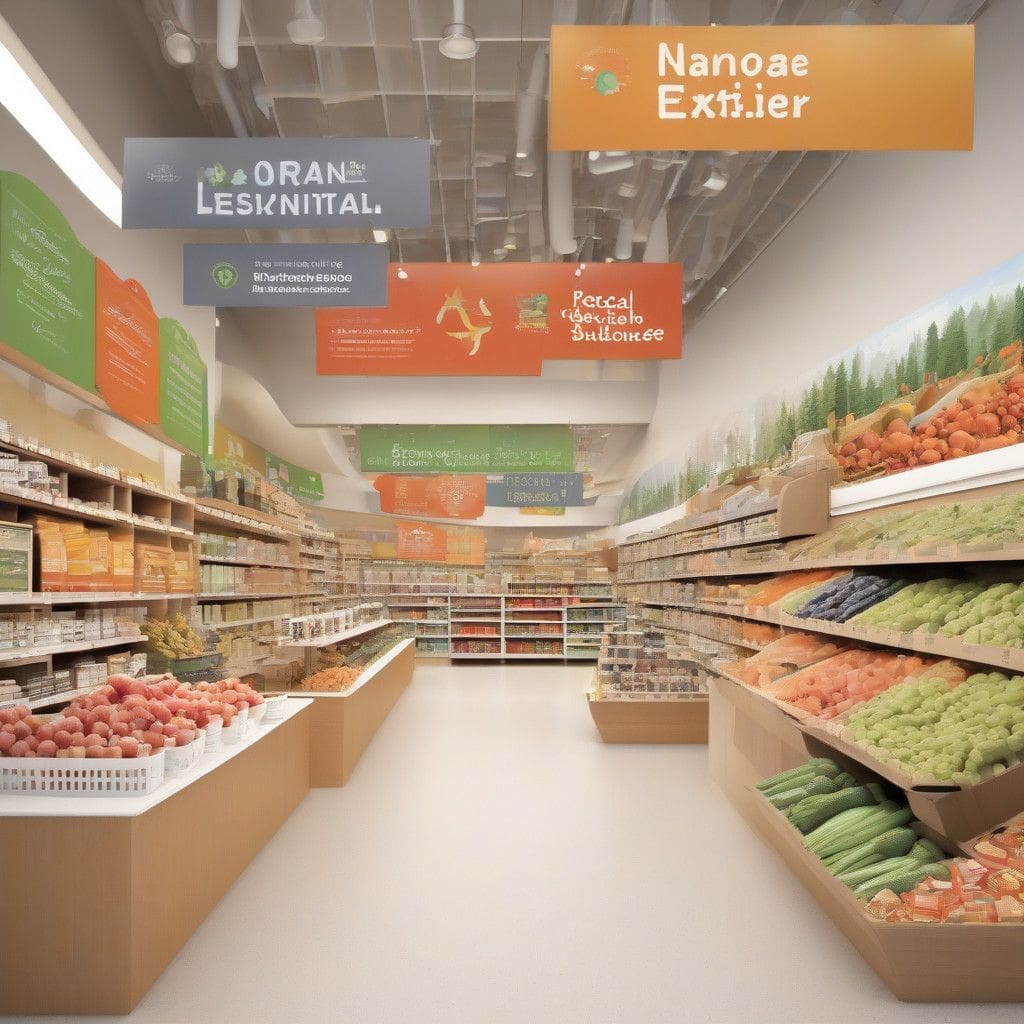In a significant recognition of its commitment to sustainability, Roche Bros. Supermarkets has been named one of the 2024 Mass Save Climate Leaders. This designation highlights the efforts of various organizations, including Roche Bros., in reducing energy use, cutting greenhouse-gas emissions, and supporting Massachusetts in its journey to achieving net-zero emissions. This initiative, backed by a consortium of gas and electric utilities and energy efficiency service providers, illustrates the collective mission to address climate change through more efficient practices.
The 2024 cohort of Mass Save Climate Leaders includes diverse entities across multiple sectors, such as healthcare, education, and local governments, emphasizing a holistic approach to tackling environmental issues. Each of these leaders showcases a strong dedication to sustainability by implementing energy-efficient upgrades that contribute to the state’s ambitious climate goals.
A closer look at Roche Bros. reveals a strong track record of energy efficiency initiatives. The supermarkets have completed significant projects across six locations: Bridgewater, North Easton, Quincy, Sudbury, Watertown, and Westborough. These projects were focused on enhancing the efficiency of refrigeration and HVAC systems through advanced controls and heat pumps. As a result of these upgrades, Roche Bros. expects to save over 50,000 therms of gas and nearly 1,000 megawatt-hours of electricity, all while reducing its carbon footprint by nearly 300 tons of CO2 emissions.
This recognition is not an isolated incident for Roche Bros. The supermarket chain has consistently demonstrated its commitment to sustainability. For example, in recent years, they have implemented energy-saving technologies and participated in programs aimed at reducing the environmental impact of their operations. This proactive approach not only minimizes energy consumption but also helps lower operational costs—a dual benefit that can be crucial for any retail business navigating today’s competitive landscape.
The Mass Save Climate Leaders initiative also includes other notable participants such as Boston College, Moderna Inc., and the City of Boston. These organizations show how diverse sectors can contribute to a common cause, each implementing specific measures that align with Massachusetts’ goals for energy efficiency and lower environmental impacts. The collaborative nature of this initiative reinforces the importance of shared responsibility in addressing climate challenges.
Tilak Subrahmanian, vice president of energy efficiency and electric mobility at Eversource, emphasized the impact of these efforts on a wider scale: “Each 2024 Mass Save Climate Leader has demonstrated how Massachusetts is paving the way toward decarbonization and a net-zero future.” Such comments reflect the growing recognition among industry leaders of the need to address climate change proactively.
In addition to showcasing achievements, this initiative aims to inspire other organizations to follow suit. The results of Roche Bros.’ interventions not only serve as a model for other retailers but also highlight the potential economic benefits of investing in energy efficiency. With rising energy costs, reducing consumption is increasingly advantageous from both financial and environmental perspectives.
As businesses contemplate their sustainability strategies, the Roche Bros. example illustrates that meaningful progress is possible with targeted initiatives and collaboration. This is especially relevant for the grocery sector, which routinely faces scrutiny over its environmental impact.
Looking ahead, organizations like Roche Bros. will continue to play a vital role in shaping a sustainable future for the retail industry. By committing to energy efficiency and reducing emissions, they not only bolster their operational resilience but also serve as a beacon for others to follow.
In conclusion, Roche Bros. Supermarkets’ designation as a Mass Save Climate Leader exemplifies how a local grocery chain can have a meaningful impact on sustainability. Their ongoing efforts not only benefit their bottom line but also contribute to the broader goal of achieving net-zero emissions in Massachusetts. As more businesses consider similar paths, it is evident that sustainability can serve as a strategic advantage in today’s retail landscape.
